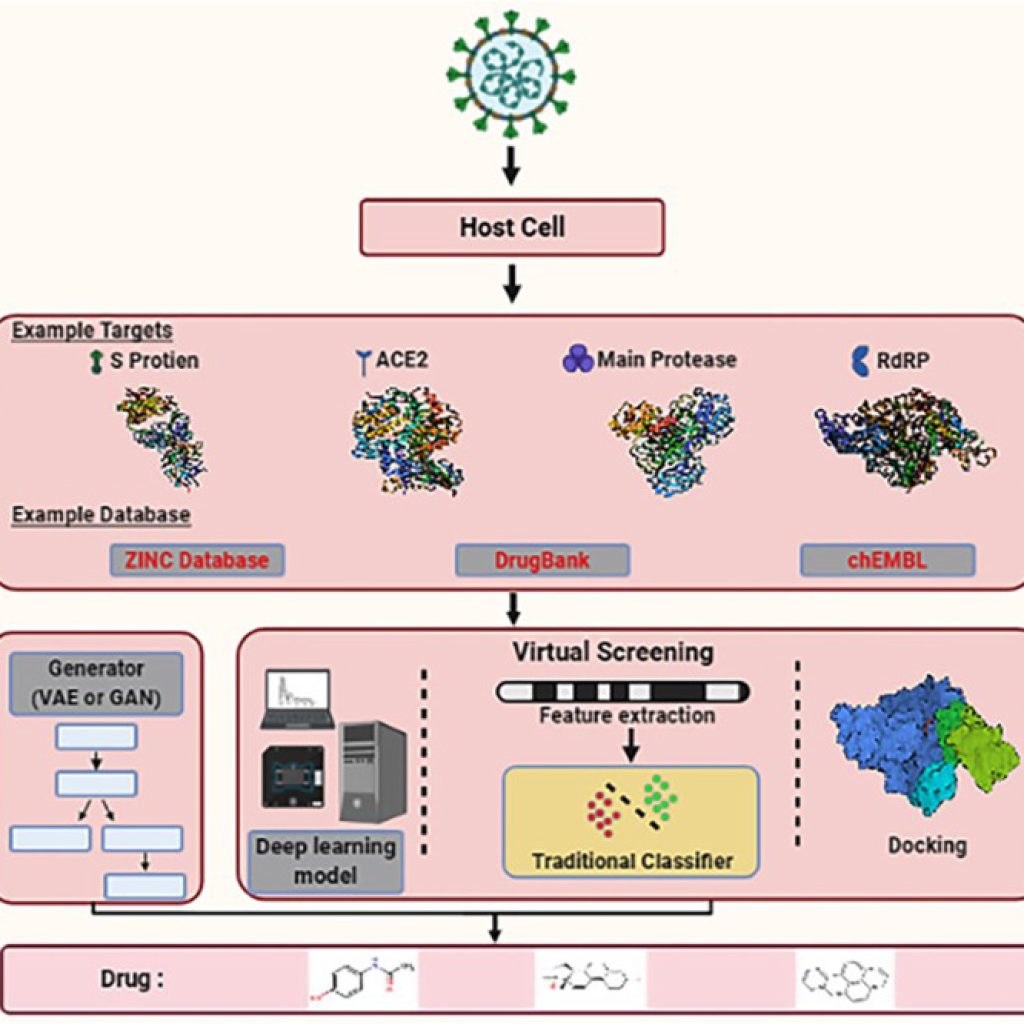In a move to dominate AI-powered search sector, Microsoft and Google have significantly upgraded their platforms. Microsoft, orchestrating this bold move on a Tuesday, unveiled the latest iteration, DALL-E 3, seamlessly integrating it into the formidable ensemble of its Bing AI suite. This strategic integration stands as a testament to Microsoft’s unwavering commitment to bolstering the multifaceted capabilities of its AI assistant.
In a synchronously swift and decisive response to Microsoft’s unveiling, Google orchestrated its own technological symphony by introducing the Bard AI into the intricate fabric of its Assistant app. This integration, executed with a precision that mirrors the intricacies of a finely tuned instrument, serves the overarching purpose of broadening the horizons of generative artificial intelligence, rendering it more accessible to an expansive and diverse audience.
These unfolding developments represent a critical juncture in the perpetual tug-of-war for supremacy within the vast expanse of AI-powered search. The battleground is now adorned with the prowess of DALL-E 3 and the melodic resonance of Bard AI, echoing the intensification of the competition between these tech titans as they navigate the complex labyrinth of artificial intelligence to claim the coveted throne of superiority.
Microsoft’s strategic move with DALL-E 3
Microsoft’s latest move involves the integration of DALL-E 3, a sophisticated image generator, into its Bing AI assistant. Initially gaining recognition as a source of online entertainment, DALL-E has evolved to become a crucial component of Microsoft’s AI strategy. Version 3 of DALL-E replaces the existing Bing Image Creator, boasting several improvements, including enhanced attention to relevance, improved natural-language prompt comprehension, and heightened photorealism. During the Google antitrust trial, Microsoft CEO Satya Nadella highlighted the transformative impact of GPT-powered Bing on the company’s market share, acknowledging the role of new technologies in shaping the competitive landscape.
Nadella, while celebrating the success of GPT in elevating Bing to an all-time high, expressed apprehensions about Google’s continued dominance potentially restricting access to vital online content. According to Nadella, exclusive contracts for data usage pose a significant challenge to fostering competition in the AI-powered search market. Microsoft’s strategic alignment with OpenAI and the incorporation of DALL-E 3 underscore the company’s commitment to challenging Google’s monopoly.
Google’s Response with Bard AI Integration
In a swift countermove, Google announced the integration of Bard AI into its Assistant app, intensifying the competition in the AI search domain. The integration aims to augment Assistant’s functionality, making it more contextually aware and robust. Google envisions Bard as a tool that enhances the Assistant’s ability to understand context through visual cues. For instance, users can leverage Bard to generate social media posts based on images, showcasing the potential for AI to assist with daily tasks.
The move raises intriguing questions about the relationship between AI assistants and traditional search engines. While both Microsoft and Google are enhancing their AI capabilities, the distinction between them and conventional search engines remains elusive. The deployment of Assistant with Bard and Bing AI underscores the interconnectedness of search and AI, blurring the lines between traditional search engines and their artificially intelligent counterparts.
the transformative dynamics of AI-powered search
As user expectations evolve and technology races forward, these strategic moves by tech giants underscore a relentless pursuit of innovation in the AI search landscape. The integration of DALL-E 3 and Bard AI not only showcases the prowess of generative artificial intelligence but also hints at a broader shift in how users interact with and extract value from digital information. The ripple effects of this AI arms race extend beyond mere market competition, promising a transformative era where search functionalities seamlessly blend with the intuitive power of artificial intelligence.





